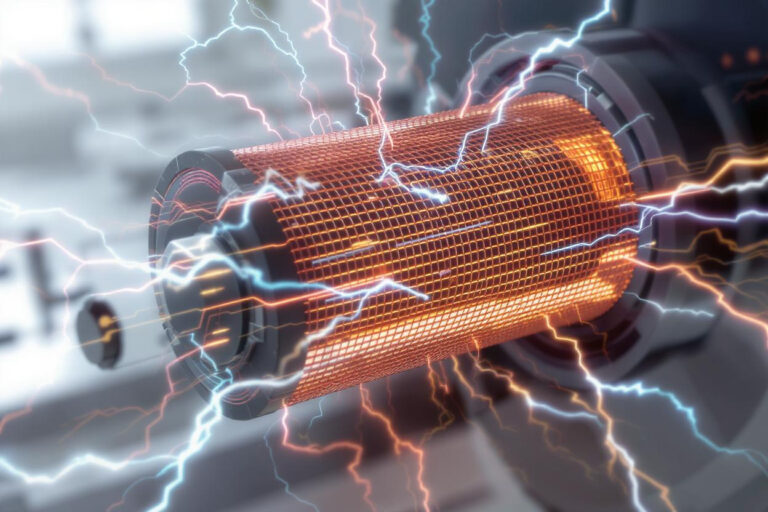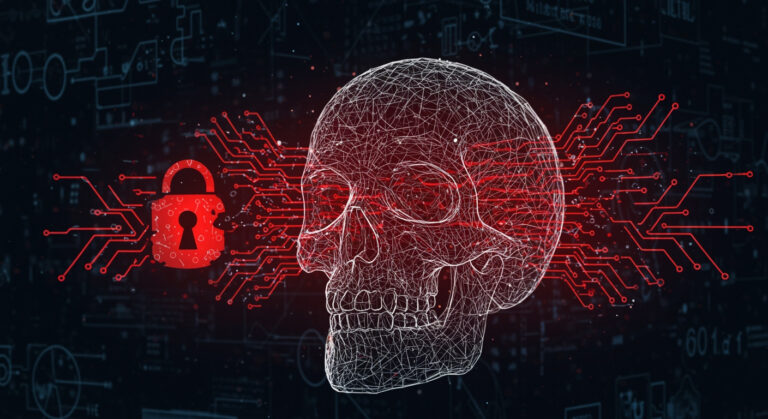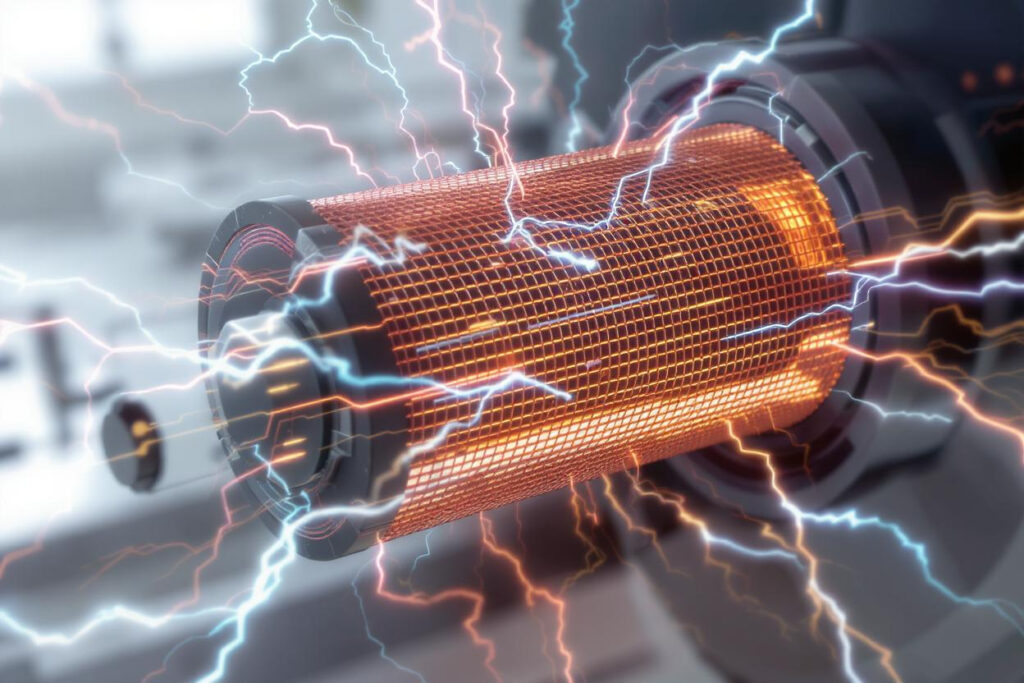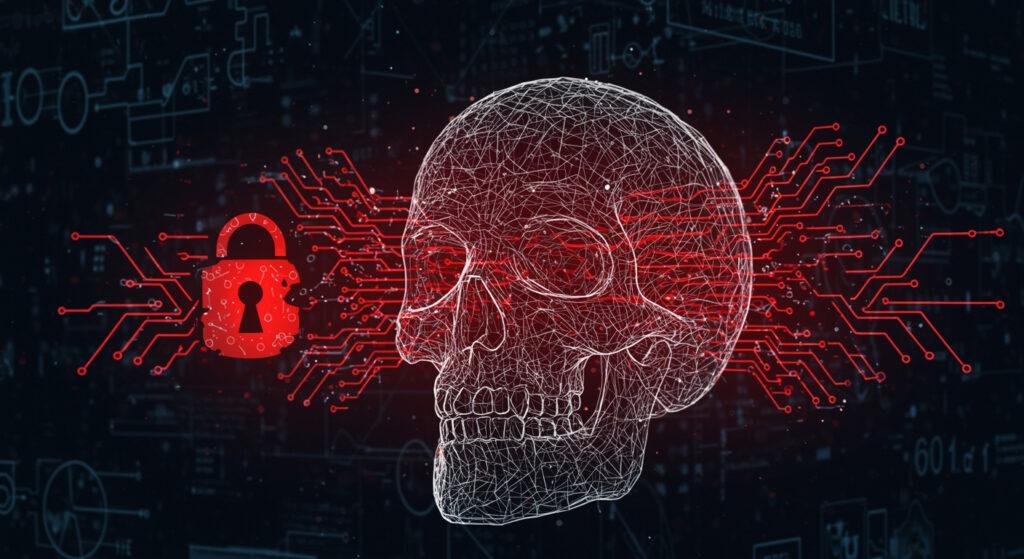Microsoft Steps Into the Future of Cybersecurity
The quantum computing revolution is gaining speed—and with it comes a looming risk: the power to crack today’s encryption. But Microsoft isn’t waiting around. The tech giant has taken a major leap by releasing early-access post-quantum cryptography (PQC) tools for both Windows and Linux platforms. This move allows companies and developers to begin experimenting with encryption algorithms designed to resist attacks from future quantum computers.
Why does this matter? Because your encrypted emails, bank details, or corporate secrets could one day be cracked open by quantum machines unless we act now.
What Microsoft Released — And Why It’s Important
Microsoft’s update brings two key post-quantum algorithms into the spotlight:
- ML-KEM: A quantum-safe key exchange algorithm
- ML-DSA: A quantum-resistant digital signature algorithm
These are part of the National Institute of Standards and Technology (NIST)’s approved list for post-quantum security.
They’re now available in:
- Windows Insider Canary Builds (Build 27852 and up)
- SymCrypt-OpenSSL 1.9.0 on Linux
Organizations can now start testing these algorithms in their own environments—securing communications, issuing certificates, and even updating identity management systems with quantum-resilient cryptography.
Why It’s Urgent: “Harvest Now, Decrypt Later”
Hackers today are already collecting encrypted data, with the hope that in a few years, quantum computers will let them crack the encryption and access what’s inside. This tactic—“harvest now, decrypt later”—is why post-quantum cryptography isn’t a “someday” issue. It’s a right-now priority.
Microsoft’s tools help organizations test and transition toward algorithms that won’t break under quantum pressure—without needing to throw away everything they’re currently using.
A Hybrid Approach for Real-World Readiness
To ease the transition, Microsoft suggests using hybrid encryption—mixing classical algorithms like RSA with new quantum-safe ones. This ensures:
- Redundancy, in case PQC algorithms are still refined
- Compatibility with older systems
- Crypto agility, meaning systems can swap out encryption methods as standards evolve
This dual approach gives developers breathing room to test without breaking systems.
What Developers and Businesses Can Test Today
On Linux, developers can now run hybrid PQC key exchanges inside TLS—the protocol that secures web traffic, banking, and email. Windows support for this feature is on the way.
Microsoft also updated Active Directory Certificate Services (ADCS) and Microsoft Intune, so businesses can start issuing and managing PQC certificates for devices and users, including mobile endpoints.
The Road Ahead: Challenges and Collaboration
There are still hurdles to clear:
- Quantum-safe algorithms require more memory and processing power
- Legacy systems may not handle the larger keys and certificates
- Standards like TLS need refinement to work smoothly with PQC
But Microsoft is playing the long game. It’s working with global standards bodies and partners to create crypto-agile systems—infrastructure that can evolve with tomorrow’s threats.
Why This Matters for Everyone
Even if you’re not an IT professional, this matters. Every email you send, online payment you make, or health record stored in the cloud relies on encryption.
Quantum computers will one day be able to break current encryption, exposing everything we’ve built. Microsoft’s proactive move helps ensure the digital world we rely on stays safe, secure, and future-ready.
Bottom Line
Microsoft’s early-access rollout of post-quantum cryptography is a crucial step toward a safer internet. It’s not just a tech update—it’s a signal: The quantum future is coming, and we need to be ready.
“Through collaboration and innovation, we can help build a resilient and secure digital ecosystem that stands the test of time.” – Microsoft Security Team
Check out the cool NewsWade YouTube video about this article!
Article derived from: Swayne, M. (2025, May 21). Microsoft brings Post-Quantum cryptography to Windows and Linux in early access rollout. The Quantum Insider. https://thequantuminsider.com/2025/05/21/microsoft-brings-post-quantum-cryptography-to-windows-and-linux-in-early-access-rollout/















